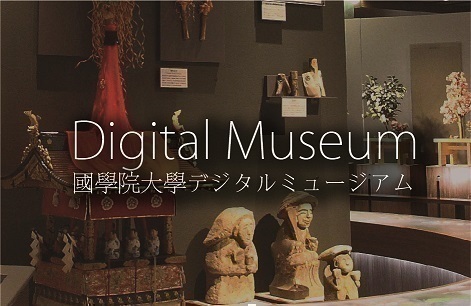- トップ
- Encyclopedia of Shinto
- Saitenryaku tsuketari saimonrei
Encyclopedia of Shinto
| Main Menu: | |
| Links: |
詳細表示 (Complete Article)
| カテゴリー1: | 9. Texts and Sources |
|---|---|
| カテゴリー2: | Other Basic Texts |
| Title | Saitenryaku tsuketari saimonrei |
| Text | (Kusakado Nobutaka) Saitenryaku, with an attachment of examples from Saibunrei. Written by Kusakado Nobutaka in one volume and one attachment. It was published in 1869 as the Ibukinoya Juku edition. It was revised by Kamo Tsuneharu. Nobutaka was a student of the Hirata school in Mikawa, and was a priest (kannushi ) at the Mikawa Ichinomiya Toga Shrine. According to Kamo Tsuneharu's colophon, with the separation of Buddhism and Shinto (shinbutsubunri) and the laicizing of the Buddhist clergy, many facilities were converted to shrines and the Buddhist clergy became Shinto priests, and Saitenryaku also served as a handbook for these new Shinto priests (shinshoku) as they officiated at shrines ceremonies. Perhaps it is because of this situation that the majority of Saitenryaku's contents deal with rather unusual events instead of the customary festivals. For example, the text covers the ceremonies involved in the moving of a shrine when a new one is established and the ceremonies pertaining to its construction. Other than this it also contains miscellaneous ceremonies in response to requests from parishioners of a certain shrine (ujiko), such as purification rituals and praying for the sick. Saibunrei, which was compiled after Saitenryaku, contains various examples of liturgies (norito), such as customary prayers offered on the first day of the new year, and at the spring and autumn festivals, as well as various liturgies for the rebuilding of the shrine hall or new dwellings, and incantations related to weather, disease, disaster, the safety of a home or safety on a journey. Most of these are liturgies employed at minor shrines for miscellaneous festivals (zassai ). From this evidence it can be said that these works provide good reference material regarding the actual state of affairs of shrine festivals during the transition from Yoshida Shintō-based festivals to Meiji era festivals, which was prompted by the government order to separate Buddhism and Shinto (shinbutsu bunri rei ). Not long after this manuscript what published, Nobutaka passed away. — Mori Mizue |




